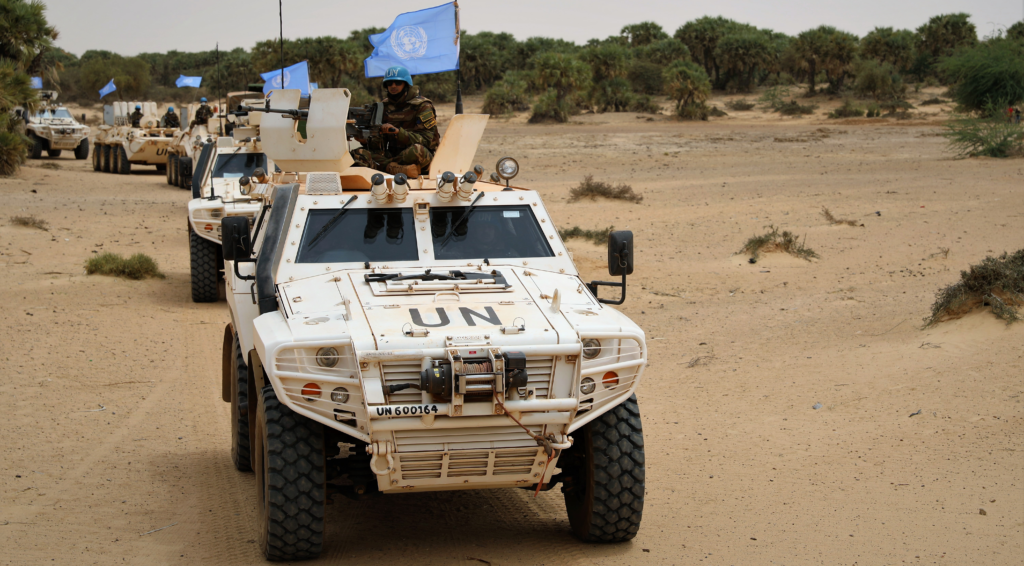
The withdrawal of troops by the United Nations Multidimensional Integrated Stabilization Mission (MINUSMA), agreed by the UN Security Council in June at the request of the Malian authorities, has triggered violent clashes in northern Mali. One crucial aspect, the handover of the UN’s military bases to the Malian army, was met with strong opposition from certain armed groups belonging to the Permanent Strategic Framework (CSP) that were signatories to the 2015 peace agreement. The hostilities have already claimed hundreds of victims and displaced thousands of people in a population already badly affected by a decade of jihadist violence.
MINUSMA’s withdrawal has exacerbated pre-existing tensions between the authorities installed by the 2020 and 2021 coups d’état and the CSP. The lengthy conflict in northern Mali has led to four waves of rebellion since the country became independent. The 2015 peace agreement negotiated under the auspices of Algeria between the government, separatist movements and pro-government militias had brought an end to the fighting between Bamako and the armed groups.
For the Malian transitional authorities, supported by the Wagner group, taking back control of the northern bases is part of a policy aimed at reaffirming their sovereignty over the whole country. The CSP’s armed groups, meanwhile, see it as a violation of the 2015 peace agreement and the security arrangements adopted in 2014, and fear that the army’s deployment will threaten the economic and political benefits they enjoy from administering the areas under their control.
However, a resumption of hostilities would present far more risks than opportunities for the warring parties. The announcement of tactical defeats or a likely stalemate would damage the transitional government’s credibility among public opinion in Bamako, whereas simply controlling the bases would not guarantee the restoration of State authority in the north. Continued fighting would expose the divisions within the Tuareg and Arab communities from which the CSP’s members originate and would weaken progress on autonomous local governance, a key demand of the armed groups. The violence would worsen an already disastrous humanitarian situation, stir up mistrust between communities, and further strengthen the jihadist insurrections.
It is therefore vital to begin negotiations for a ceasefire between Bamako and the CSP. The national, regional and international players that still have legitimacy in the eyes of the Malian parties should apply themselves without delay to supporting a dialog. The current impasse in the peace process and the geopolitical challenges posed by the partnership between Mali and Russia admittedly complicate matters. But without action, each new episode of violence puts the prospect of a rapid end to fighting, and ultimately the resumption of talks aimed at reaching a political solution, even further out of reach. A clear military outcome to the current conflict is neither realistic nor desirable. The country’s recent history shows that only a well-supported negotiation process can bring an end to the fighting.